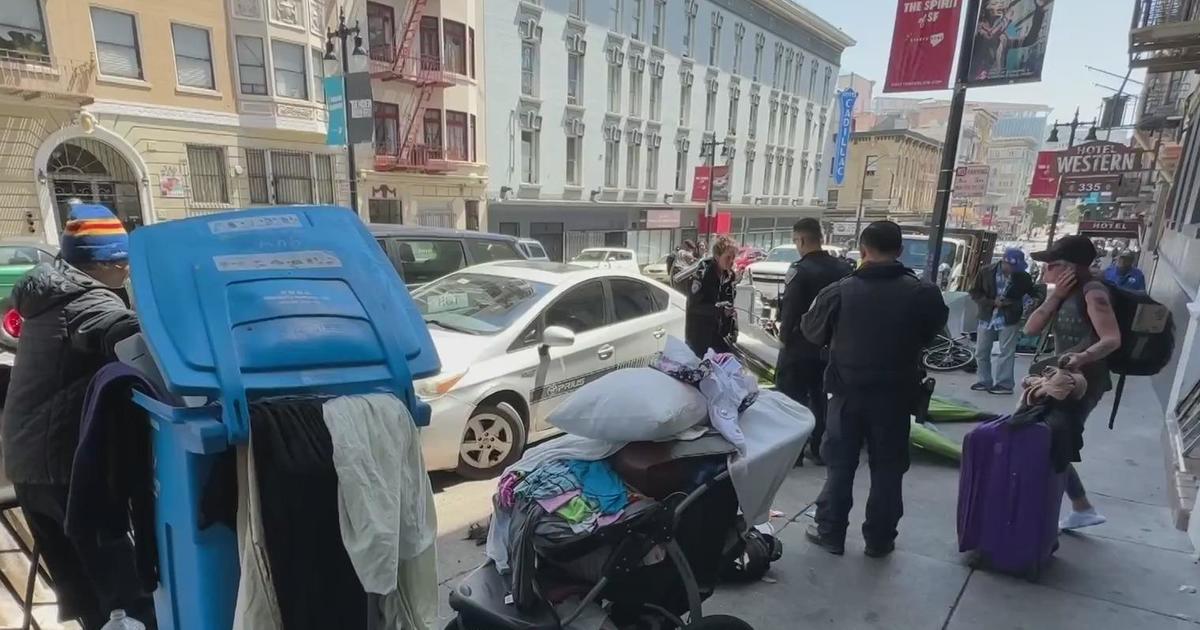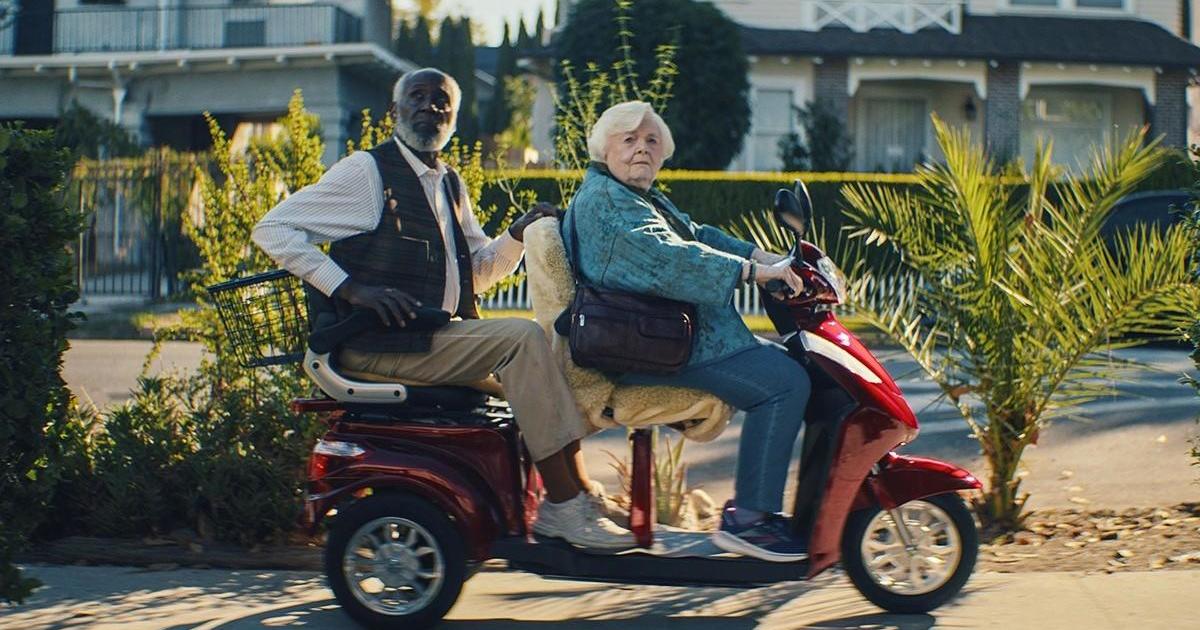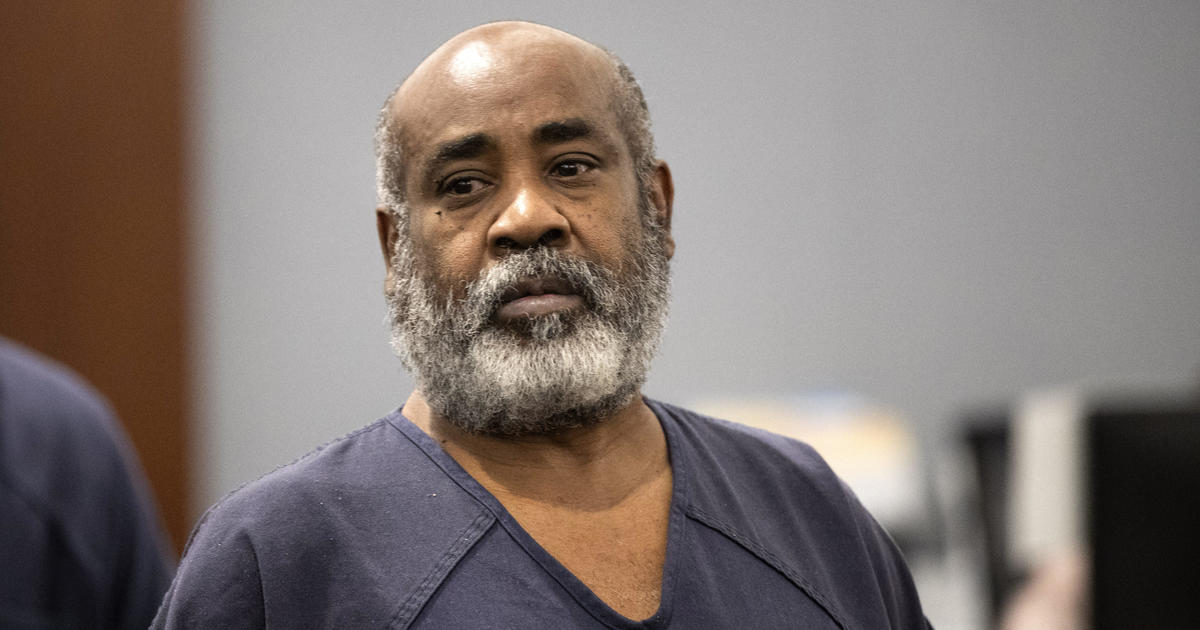'Octomom's' Doctor Apologizes For Implanting 12 Embryos
LOS ANGELES (AP) -- The fertility doctor for "Octomom" Nadya Suleman tearfully apologized Thursday for implanting a dozen embryos and putting her health at risk, saying he did so only because she was insistent and he felt legally bound to follow her orders even though they ran counter to accepted medical practice.
Dr. Michael Kamrava, testifying at a state medical licensing hearing to determine if he can continue practicing medicine in California, said Suleman then disappeared and he only learned about the octuplets after they were born.
"I'm sorry for what happened. When I look back, I wish I had never done it," said Kamrava, wiping at tears. "It's a very risky, unhealthy pregnancy. She's lucky she made it through, both for the babies and her."
The Beverly Hills fertility doctor said he felt legally bound to go ahead with the 12-embryo transfer—six times the norm for a woman her age—because Suleman wouldn't consent to any other option. "She did not want them frozen, she did not want them transferred to another patient in the future," he said.
As months passed from their last meeting, Kamrava said he was apprehensive because he couldn't reach Suleman. Kamrava didn't hear from her again until after she delivered octuplets in January 2009, according to his testimony.
The babies—whose birth weights ranged from 1 pound, 8 ounces to 3 pounds, 4 ounces—spent their first weeks in the neonatal intensive care unit at Kaiser Permanente Bellflower Medical Center. Kamrava said Suleman called him from the hospital, saying reporters were outside her door, and asked for advice on what to tell media about what are now the world's longest-surviving set of octuplets.
"Well, I was shocked to hear that news in first place," Kamrava said. He said he told her to tell the truth.
Kamrava said he implanted the 12 embryos after Suleman consented to fetal reduction, if necessary. In fetal reduction, a fetus or fetuses are injected with a drug to stop their growth. That procedure also poses dangers, including a possible loss of the entire pregnancy.
Crowding in a mother's uterus could endanger the mother and result in premature birth, cerebral palsy, developmental delays or other health problems for the babies.
Kamrava said he advised Suleman many times of the risks associated with multiple births. All 14 of Suleman's children were conceived through Kamrava's in vitro treatments.
The California Medical Board alleges Kamrava was negligent in the treatment of Suleman and two other patients, and it is seeking to revoke or suspend his license.
Kamrava is accused of implanting seven embryos in a 48-year-old patient, resulting in quadruplets, but one fetus died before birth. An expert witness for the state called that number of embryos "an extreme departure" from standards of care earlier this week.
Again, Kamrava said he recommended four embryos be implanted, but he implanted seven because the patient insisted.
In another case, Kamrava is accused of going ahead with in vitro fertilization after tests detected atypical cells, which can indicate presence of a tumor. The patient was later diagnosed with stage-three cancer and had to have her uterus and ovaries removed before undergoing chemotherapy.
Kamrava said he should have referred her to a gynecological oncologist but simultaneous to her treatment, news broke about Suleman's octuplets, and he became too distracted to follow up the patient's care the way he would have liked.
"It was a very, very traumatic time for me. I never had anything like that in my life," Kamrava said.
The hearing goes dark Friday due to statewide furloughs in California and is slated to enter its fifth day Monday.
(© 2010 The Associated Press. All Rights Reserved. This material may not be published, broadcast, rewritten or redistributed.)



